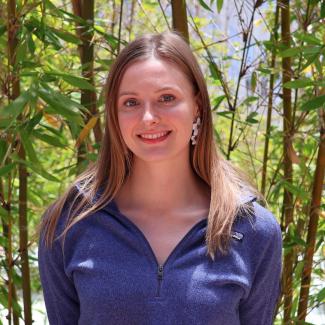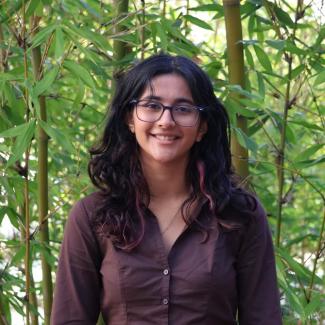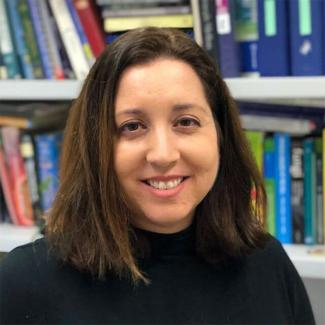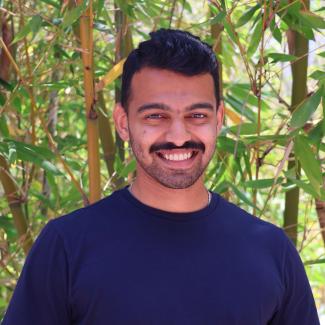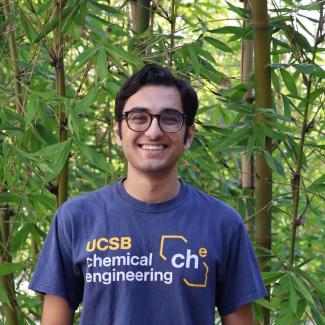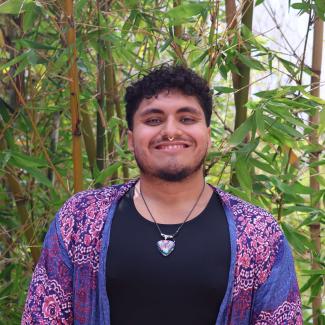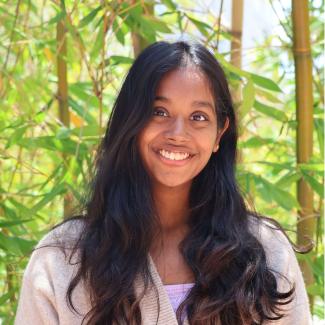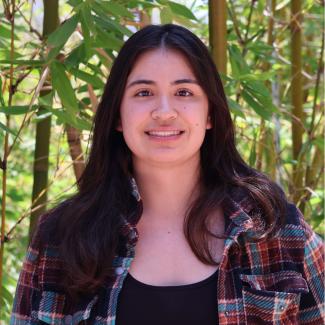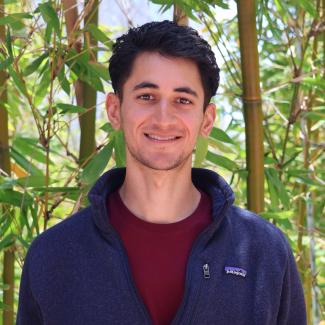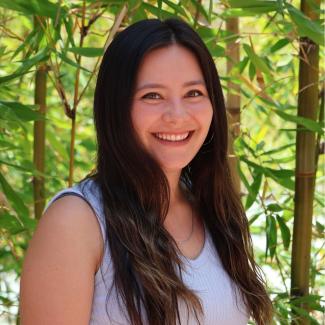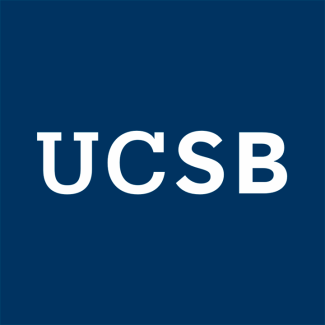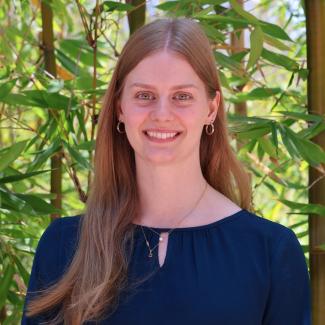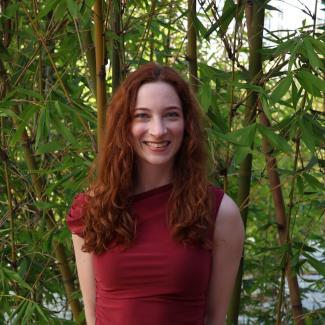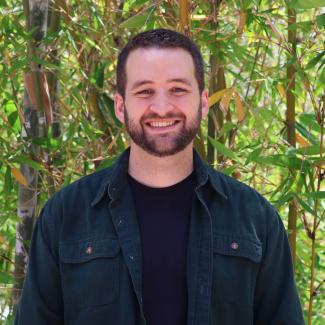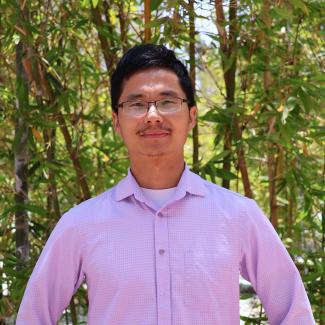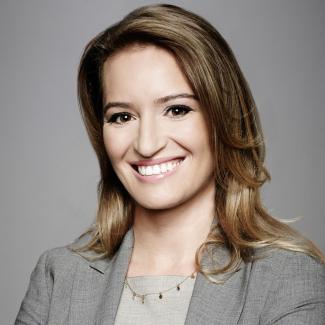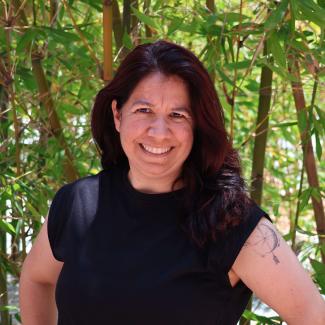Education
2009 – 2012. USDA-NIFA Postdoctoral Fellow, MIT/Broad Institute
2009. Ph.D., Chemical Engineering, University of Delaware
2004. B.S., Chemical Engineering, Carnegie Mellon University
2004. B.S., Biomedical Engineering, Carnegie Mellon University
2025
Michelle O'Malley Appointed Interim Chair of Bioengineering
Society for Industrial Microbiology SBFC Keynote Award
2024
Appointed to U.S. Defense Science Study Group (DSSG)
AlChE Division 15c Plenary Award
2023
Biotechnology Progress Award for Excellence in Biological Engineering Publication
Cliff R. Scholle Endowed Chair, UC-Santa Barbara
“Tartans on the Rise” Carnegie Mellon University Alumni Award
2021
AIChE Allan P. Colburn Award for Excellence in Publications by a Young Member of the
Institute
2020
Food, Pharmaceutical, and Bioengineering Division Early Career Award
American Institute of Medical and Biological Engineering (AIMBE) Fellow
American Society of Microbiology Award for Early Career Applied and Biotech Research
Faculty open up about mental health under the COVID-19 pandemic
2019
Science News 10: Scientists to Watch
Lars G. Ljungdahl Lectureship, University of Georgia
2018
ACS Biochemical Technology (BIOT) Young Investigator Award
Genewiz Award Recognizing Excellence in Genomics Research
National Academy of Engineering, US Frontiers of Engineering Symposium Invited
Attendee
Participate-in-NAEs-2018-US-Frontiers-of-Engineering-Symposium
2017
ACS Women's Chemist Committee (WCC) Rising Star Award
Camille Dreyfus Teacher-Scholar Award
ACS Division of Polymeric Materials: Science and Engineering (PMSE) Young
Investigator
Yes, you can have a life outside the lab
2016
Colburn Lecturer, Dept. of Chemical and Biomolecular Engineering, University of
Delaware
Presidential Early Career Award for Scientists and Engineers (PECASE)
NSF CAREER Award
Getting the most out of your postdoc
Visiting Professor, Harper Adams University, UK
Gordon and Betty Moore Foundation Inventor Fellow (Finalist)
2015
MIT Technology Review, 35 Innovators Under 35
National Science Foundation (NSF) CAREER Award
Cottage Health – UCSB Special Research Award
2014
Hellman Faculty Fellowship
TechConnect Innovation Award
2013
Department of Energy Early Career Award
2011
U.S. Department of Agriculture-NIFA Postdoctoral Fellowship
Marion and Jasper Whiting Foundation Fellowship
2010
Company of Biologists International Travel Fellowship
2007
University of Delaware Department of Chemical Engineering Teaching Fellowship
Merck Award for Best Overall Poster, Biochemical Engineering XV
American Chemical Society Leadership Development Award
2006
NASA-Harriett G. Jenkins Predoctoral Fellowship
2004
NSF-IGERT Predoctoral Fellowship in Biotechnology
2000
Presidential Scholarship, Carnegie Mellon University
